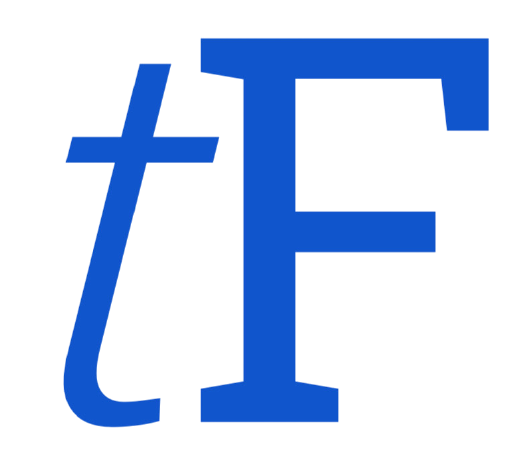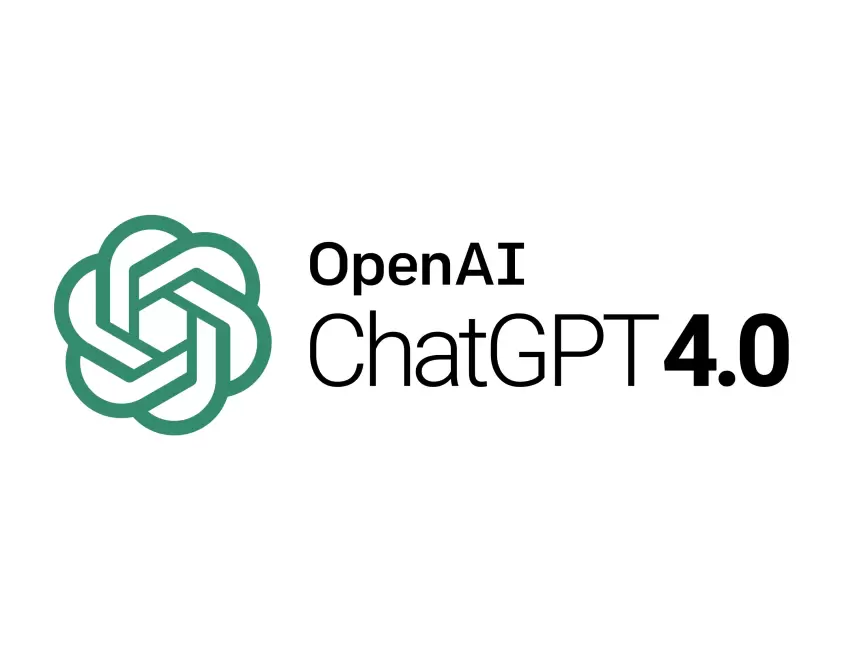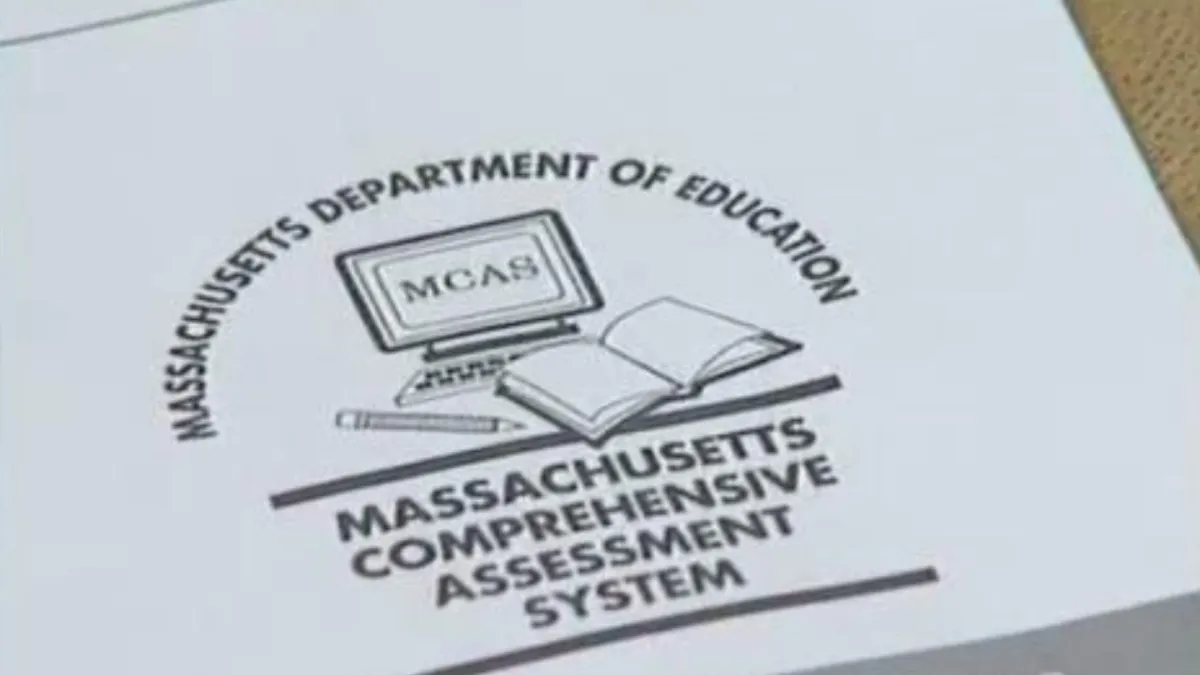Released on November 30, 2022, ChatGPT has taken the world by storm as a newer, more accessible form of AI that people of all ages can use in almost all facets of their lives. ChatGPT is a generative website that has the ability to create personalized responses to a user’s inputs by adjusting its answer’s format, detail, style of writing, and subject as necessary. The website requires users to create an account when using it, but if they do, its possibilities are endless—it can produce humanlike images, texts, and videos from any kind of prompt in a matter of seconds.
Unfortunately, its convenience comes with a downside—many students using ChatGPT mistakenly consider it capable of producing high-level and precise work. Although ChatGPT alleviates the demands of difficult classes and provides an easy solution to the burden that school assignments can be, it has started to compromise educational integrity and has thus become a controversial resource among high schools across the nation.
Most commonly used in English classes because of its ability to produce essays on any imaginable subject, ChatGPT can cause students to score lower on assignments because of the seemingly obvious errors it makes, which teachers have learned to recognize as a sign of the use of artificial intelligence. English teacher Mark Mason says he approaches student work with no suspicion of academic dishonesty, but is able to notice the obvious differences between his students’ authentic writing and writing that has been improved through the use of AI. Although he doesn’t go out of his way to check student writing for the use of AI, Mr. Mason notes that “If I can become familiar with a student’s authentic writing through assignments that I know they’ve composed on their own, I can likely tell whether or not the writing is theirs.”
ChatGPT is not only detectable in your writing, it can directly cause your work to lose its value and may cost you a good grade you could have easily earned on your own. The service is outdated as well, as it is only able to provide information from the web from before a certain time unless it is otherwise updated so the answers it gives to users are often far from accurate. ChatGPT also shows a pattern of producing run-on sentences riddled with grammatical errors and often struggles to make clear and concise points like a human could leading its prose to be quite confusing.
For many schools, ChatGPT’s faults are too many to overlook and some steps have been taken to ban the website in many major American school districts. One of the more notable actions taken against the use of artificial intelligence took place in the New York City public school system, where ChatGPT was recently blocked for students and teachers on all of the school district’s devices and networks. The New York City Department of Education voiced concerns over the safety and accuracy of the website’s information and noted that “negative impacts on student learning” were what prompted the change in their schools.
ChatGPT is still available at LS for the use of teachers and students-but it lacks the authenticity that defines human work, and misses the educational standard that can only be achieved by one’s personal intellect and dedication. While the website is able to provide quick and simple answers to an input, it does not help students build critical thinking and problem-solving skills, both of which are essential for academic and lifelong success.
ChatGPT may seem like an ideal solution to schoolwork, but it is vital to make good choices surrounding how you use it, as it can affect your motivation and shape your work ethic in the present and future. For now, ChatGPT remains incredibly popular and its format continues to draw users in as it evolves over time it is essential that we stay true to ourselves, understand its drawbacks, and not fall victim to the harmful compromises it could make in our education.




